Episode 14: The Ethics of Encampments
Part ONE of ENCAMPMENT COMMUNITIES COUNT
Nat’s Resources:
About the Guests:
Nat Kaminski
Harm Reduction Outreach & Peer Programs Supervisor | MOYO: Health and Community Services | They/Them
Nat Kaminski is from the Region of Peel where they work as the harm reduction outreach & peer programs supervisor at Moyo Health & Community Service. They are also the founder of the Peel Drug Users Network, the President of the Ontario Network of People who Use Drugs & a board member of the Canadian Association of People who use Drugs. Nat holds diplomas in Addictions & Community Worker and Social Service Worker but began their work first as a person with lived expertise. As a youth they were a ward of the Children's Aid Society after which they became a street embedded person experiencing decades of episodic homelessness with a dependence on opiates and crack-cocaine engaging in sex work. Nat identifies as a Queer, Non-binary, Drug Using & Sex working Survivor of Imprisonment. Many of Nat’s friends are no longer living and today Nat dedicates their work to them. Nat is a white settler on turtle island and remains committed in their various roles; including parent, to work from a social justice, harm reduction and equity-based lens.
Monica Fantini
Harm Reduction & Satellite Programs Outreach Worker | MOYO: Health and Community Services | She/Her
Monica is a born and raised Peel resident who currently works as a Harm Reduction Outreach Worker and Satellite Site Organizer with MOYO: Health and Community Services. Monica sits on Maggie’s Toronto HIV & Harm Reduction Advisory Committee, Peel Poverty Action Group, and the Peel Harm Reduction Committee. Starting her professional journey in 2018, Monica utilizes her Social Service Worker education as well as lived experience with homelessness, sex work, drug addiction and gender-based violence, with influencing her work. As a queer woman, Monica strives to provide inclusive, dignified trauma informed, and equitable support to her community, while actively challenging the oppressive systems surrounding us.
About the Host:
Mya Moniz
Peer Support Leader | REST Centres She/Her
Mya is an independent youth and Former Crown Ward of the Peel Children’s Aid Society. She’s achieved an Honours Bachelor of Arts with High Distinction from the University of Toronto in English, Professional Writing and Communications, and Sociology. She also sits at the Senior Leadership Table for the Peel Alliance to End Homelessness as a youth with lived experience.
Mya believes there is great power in healing, growth, and catharsis through writing and storytelling, and she strives to help others tell their stories the way she tells hers.



